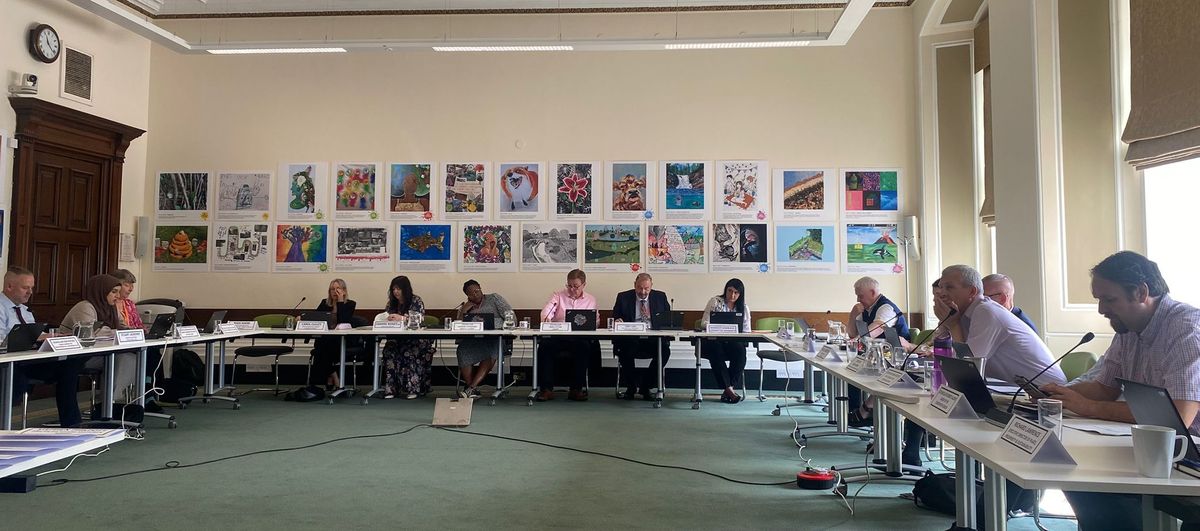It has now been more than 100 days since Birmingham’s bin strike went all-out on March 11, a development which contributed to huge heaps of rubbish piling up across the city.
The council would later declare a major incident on the last day of the month and took action to clear an enormous backlog of waste in the following weeks.
A council performance report, covering the fourth quarter of 2024-25, has now highlighted how the local authority fell short of its own fly-tipping and bin collections targets between January 1 and March 31 this year.
It revealed the number of ‘reported missed bin collections per 100,000 collections scheduled’ had missed the quarterly target of 72 – it was instead 960 during this period.
This was also higher than the result of 356 in the third quarter of the year.
The report also showed that the percentage of fly-tipping incidents cleared by the street cleansing team within seven calendar days was 73 per cent.
This was one per cent lower compared to the third quarter of the year and failed to meet the council’s quarter target of 95 per cent.
During a cabinet meeting this week, Conservative group leader Councillor Robert Alden argued that bin collection figures had “completely collapsed” during the period from January to March.
“That is clearly a significant problem,” he said.
“What is being done behind the scenes, because I appreciate we’re in a strike, to actually try and ensure when it’s finally resolved, the service that exists at the end of it is actually able to meet the [council’s] targets?”
The council report acknowledged the impact of the industrial action and said the council declaring a major incident allowed it to provide an “emergency response”.
“We have implemented a range of mitigating actions to ensure we minimise the impact on citizens and the city as much as possible,” it said.
This included deploying 60 per cent of its street cleansing teams to remove fly-tipping, securing mutual aid support from other local authorities, utilising HiGrab vehicles, extending opening hours at city tips and increasing collections at mobile refuse centres.
“We have also engaged external partners to provide caged tippers and crews to remove accumulated fly-tipped waste and deliver a targeted deep clean across the 15 most affected wards, helping to restore the city to a good level of cleanliness,” the report continued.
Councillor Majid Mahmood, cabinet member for the environment, also said during this week’s meeting that more household waste was being collected due the council being granted an injunction.
He added the local authority was now delivering one weekly collection service to residents and also undergoing a transformation of the waste service.
He said this would provide a service that “truly meets the expectations of Birmingham residents”.
The long-running bins dispute, between Unite the union and Birmingham City Council, was triggered by the loss of the Waste Recycling and Collection Officer role and remains unresolved.
Striking workers have raised concerns about pay while the council’s leadership has repeatedly insisted that a “fair and reasonable” offer has been made.
